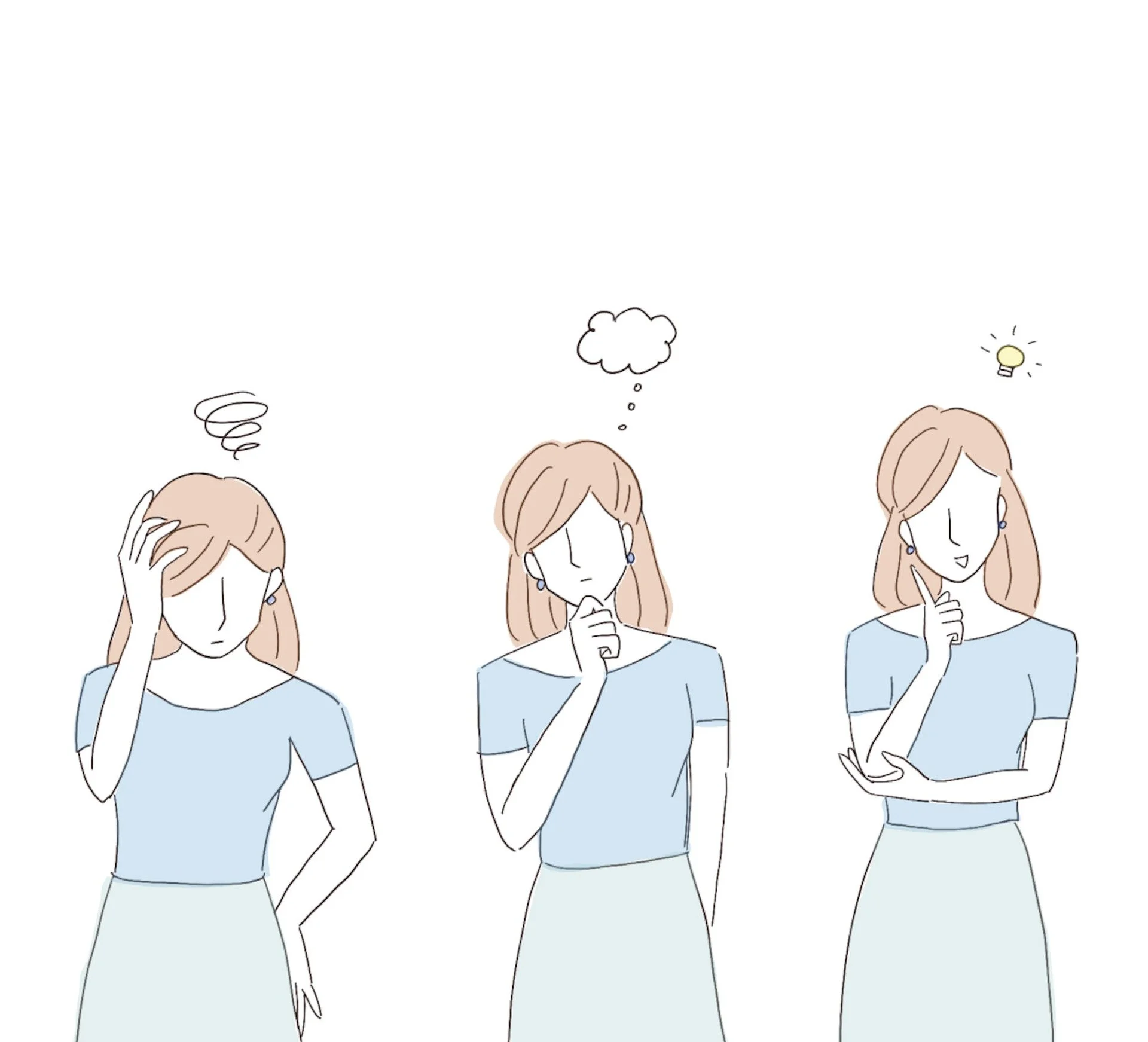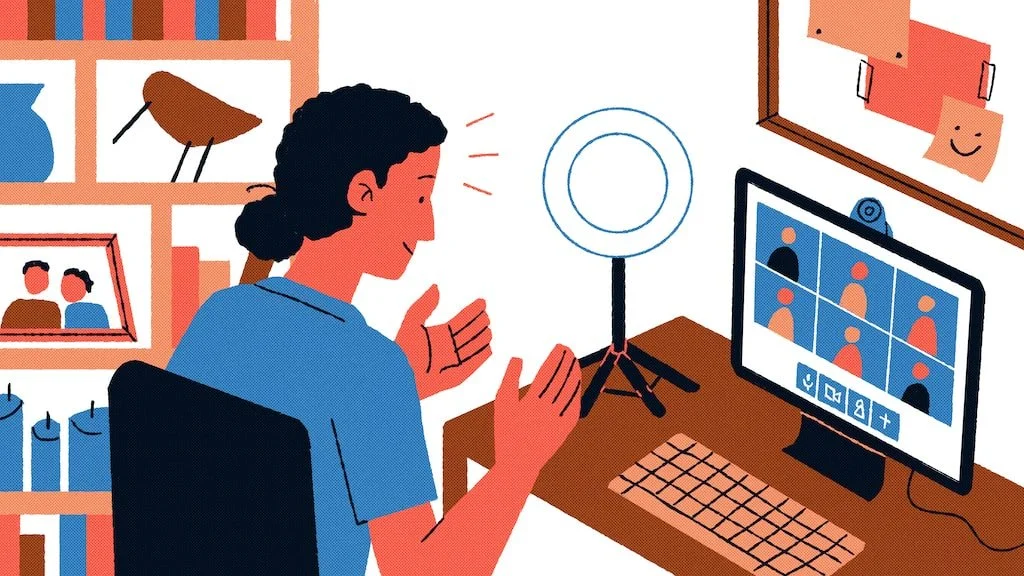4 Ways to Boost Your Productivity with Minimal Effort
Growing up, productivity was seen as being the first in last out, but is this a realistic way to measure this abstract concept?
In a Victorian factory you could easily define the number of items made, today if your job involves the terms “synergy” and “lots of moving parts” defining productivity just got a whole lot harder.
As Dolly Parton said, “Working 9 to 5, what a way to make a living.” However, 9–5 looks positively slothful compared to the 9–9–6 expected of some workers.
The 9 to 5 schedule evolved as a reaction to the unreasonable demands of the industrial revolution. However, it is unlikely that you will find a modern knowledge worker whose job falls within limited time constraints.
Knowing this, it’s time we looked at productivity through the lens of achieving what you wish to accomplish rather than a way for people to boast about working inhumane hours.
Society today mistakes busyness for progress. Whoever you are, it’s important to respect what gives your life meaning.
The tips below transcend profession and I hope are useful and actionable, whatever your purpose is in life:
1. Don’t turn into a meeting what could have been an email
Now some meetings are necessary and even morale building, especially when they involve drinks on a Friday.
However, when Vijay Pereira was running a study on the impact of meeting free days one company spent 34 hours on meetings over one decision — whether to opt into the study.
If you’re tempted to call a meeting, ask yourself this 1 question- will this meeting help or hinder making a decision?
When a meeting is designed to be constructive then that’s a compelling reason to host one, but if not — don’t disrupt other people’s day for no tangible reward.
Nobody was ever delighted to have a last minute 2-hour meeting unless they were meeting Henry Cavill.
Vijay Pereira found when people were given one meeting free day a week:
“Micromanaging came down when there were less meetings, and stress came down… there was better productivity, and there was better satisfaction.”
When thousands of people from 76 companies confirm what many have long suspected, it’s time to re-evaluate how we allow meetings to make up our working hours.
2. Timeboxing
Do you get the feeling that you’re working hard, answering emails, and attending meetings, but only making incremental progress?
When there are so many occasions that you’re expected to attend, it’s tempting to invent a friend called Bunbury who you can visit to opt out of more tedious commitments.
The societal pressure to be constantly distracted is unrelenting, but if you don’t schedule your day someone else will.
Even the author of Indistractable, Nir Eyal, wrote the book in response to feeling distracted and pulled in all directions. He recommends a method called Timeboxing.
Instead of putting a task on your to-do list, he recommends scheduling dedicated time for your priorities. By using time towards your goals instead of being pulled away by myriad distractions you accomplish more by focusing on less.
3. Unsubscribe & Snooze notifications
Is there a worse feeling than being deep in concentration and a company pings you to tell you they’ve updated their terms and conditions?
If you’ve felt thrown, don’t worry you’re not alone. Nearly 85% of all emails are spam and it’s something we all deal with every day.
For instance, I’m told at this moment I have won bitcoin and I have a Nigerian prince who wants to give me a windfall. It’s hard to prioritise when faced with such distraction.
After being distracted it takes on average 23 minutes 15 seconds to regain focus. Even better, when the author of this study about distraction was interviewed by Fast Company, she admitted to checking her email while being interviewed.
Nevertheless, it doesn’t have to be this way. You can mass unsubscribe from mailing lists using services like cleanfox or Leave Me Alone. Also, if the persistent ping breaks your concentration there are two apps I recommend.
The first is called forest and for every hour you do not touch your phone, you gain credit towards planting a tree. The second is called SelfControl. It uses a charming illustration of skull and crossbones to put time limits on when you can use certain apps.
4. Rest
Speaking of how we manage our time, do not fall into the trap of prioritising long hours at the expense of your health and relationships. Nobody on their deathbed mourns the time they could have spent in front of an excel spreadsheet.
As Nassim Nicholas Taleb says:
“Only in recent history has “working hard” signalled pride rather than shame.”
You can see this glamorisation of overwork in popular culture today. Elon Musk famously says he works every hour he can, and Danielle Steel has proclaimed she works 20 hours a day.
If you went by their accounts alone, you’d think there was a direct relationship between hours logged and productivity. In fact, the opposite is true. A recent study from Stanford illustrates this:
“Output falls sharply after a 50-hour work-week, and falls off a cliff after 55 hours — so much so that someone who puts in 70 hours produces nothing more with those extra 15 hours”
Long hours damage productivity even though popular culture regularly portrays the opposite.
To paraphrase the author of Rest, Alex Soojun Kim-Pang, long hours don’t make us more productive; they make us appear more productive.
Every extra hour at work is an hour taken away from our relationships, our health or even just preserving our own sanity. Remember that when you next feel a temptation to let work interrupt what should be leisure time.
To conclude life is not about timesheets; it’s about making the most of the time you have. I know that there are more books on productivity than lifetimes to read them in, but wherever you are and whoever you are I hope at least a small part of this was useful.
To learn more about productivity and how to live a happier life with Meik Wiking, visit www.42courses.com






